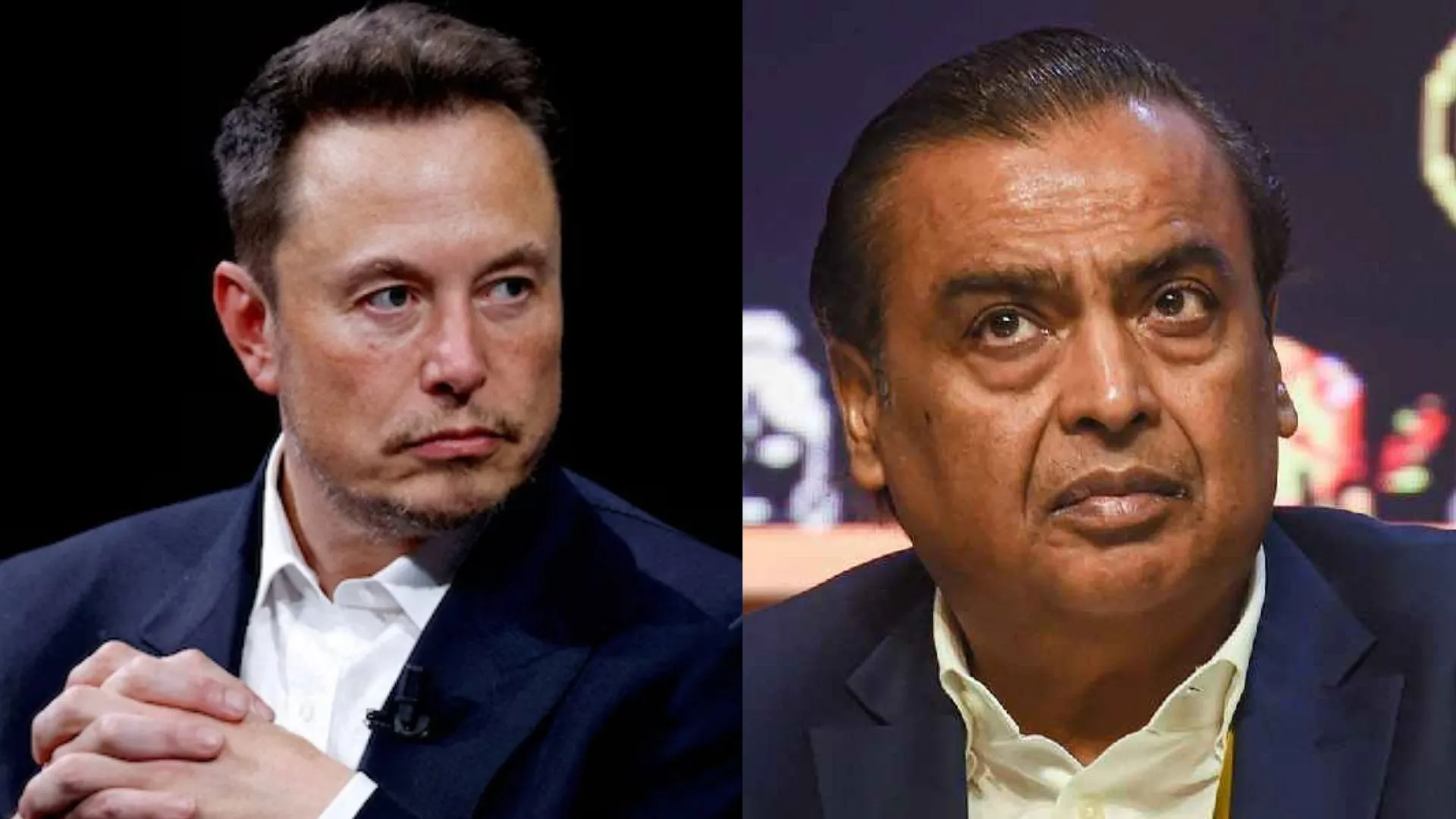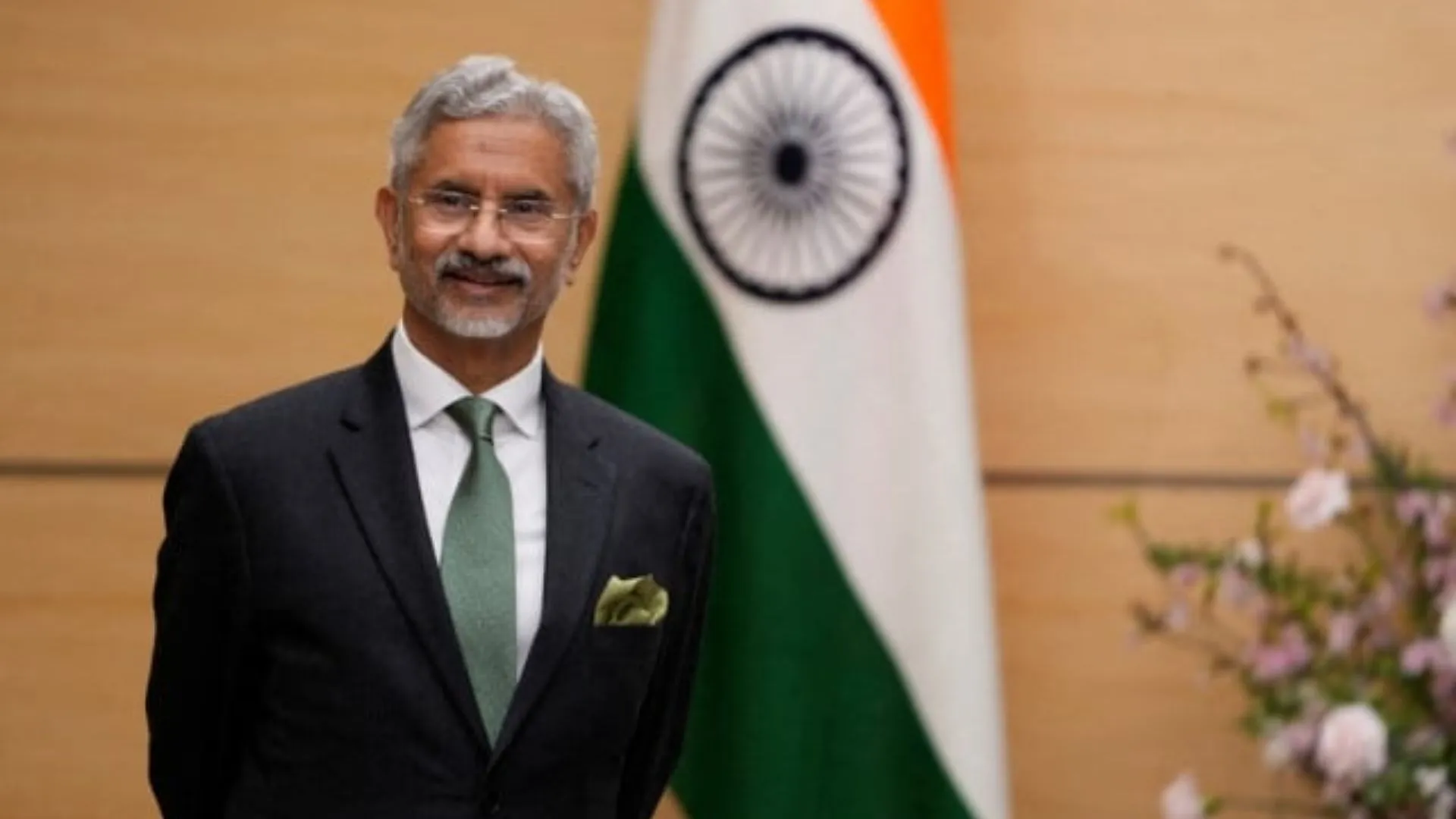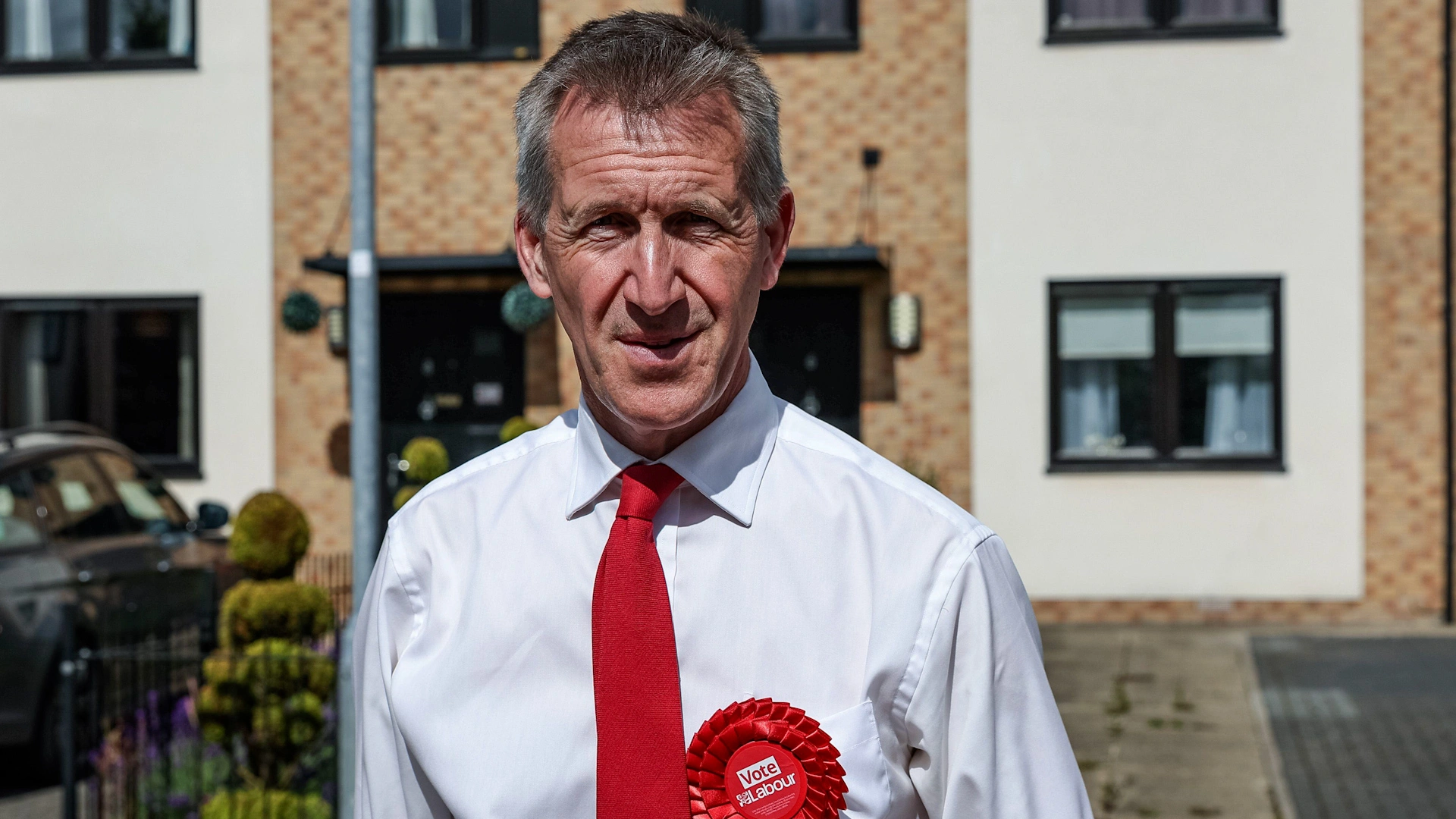The competition between two of the world’s wealthiest individuals, Elon Musk and Mukesh Ambani, is heating up as they target India’s burgeoning satellite broadband sector. Recent governmental decisions have intensified this rivalry, with the allocation of satellite spectrum moving from auction-based to administrative processes.
Shifting Dynamics in Spectrum Allocation
The Indian government recently announced that satellite spectrum for broadband will be distributed administratively rather than through auctions. This decision has sparked renewed tension, particularly given Musk’s previous criticisms of the auction model championed by Ambani.
Satellite broadband technology allows internet access across vast areas, making it particularly valuable for remote regions where traditional internet services, such as DSL and cable, are unavailable. This innovation is crucial for bridging the digital divide, especially in rural areas.
Market Projections and Current Landscape
The telecom regulator in India has yet to disclose spectrum pricing, and commercial satellite internet services are still in their infancy. However, market analysts predict that the number of satellite internet subscribers in India could reach two million by 2025. Currently, the market features a competitive landscape, with Ambani’s Reliance Jio leading the pack and recently partnering with SES Astra, a prominent satellite operator based in Luxembourg.
Unlike Musk’s Starlink, which employs low-Earth orbit (LEO) satellites for quicker service, SES operates medium-Earth orbit (MEO) satellites, providing a more economical solution.
Regulatory Challenges for Starlink
Musk’s Starlink currently boasts a fleet of over 6,400 satellites and four million subscribers globally. Despite his intentions to launch services in India since 2021, regulatory hurdles have delayed entry into the market. Analysts suggest that if Starlink successfully launches in India, it would bolster Prime Minister Narendra Modi’s efforts to attract foreign investment while enhancing the government’s pro-business image.
Arguments for Auction vs. Administrative Allocation
While auctions have historically proven profitable for companies like Jio, the Indian government defends its new allocation method as aligned with international standards. Analysts argue that administrative allocation ensures a fair distribution of spectrum among qualified players, potentially allowing Starlink to participate.
Ambani’s Reliance Jio, however, argues for auction processes to foster fair competition, especially given the lack of clear legal frameworks governing how satellite broadband can directly serve consumers.
The Stakes in India’s Vast Market
At stake is the expansive Indian market, where nearly 40% of the population lacks internet access. In contrast, China boasts about 1.09 billion internet users, significantly outpacing India’s 751 million. For context, India’s internet adoption rate still lags behind the global average, but recent trends indicate rapid progress.
The Potential for Disruption
Experts predict that a price war could ensue as Musk seeks to enter the market. “Musk has deep pockets,” says a technology analyst, “and there’s no reason he can’t offer a year of free services in select areas to gain market traction.”
However, significant challenges remain. Starlink’s current pricing is nearly ten times that of major Indian broadband providers, complicating competitive efforts without potential government subsidies.
Future Outlook
Despite the potential first-mover advantage for Musk, experts warn that satellite markets typically develop slowly. “Businesses are unlikely to switch entirely to satellite unless terrestrial options are unavailable,” notes an analyst, underscoring the enduring value of traditional internet networks.
The showdown between Musk and Ambani represents a critical chapter in the race for internet supremacy in the digital age.
(Includes inputs from online sources)
ALSO READ: Detainees In Russia Offered Military Service As Alternative To Prosecution

















